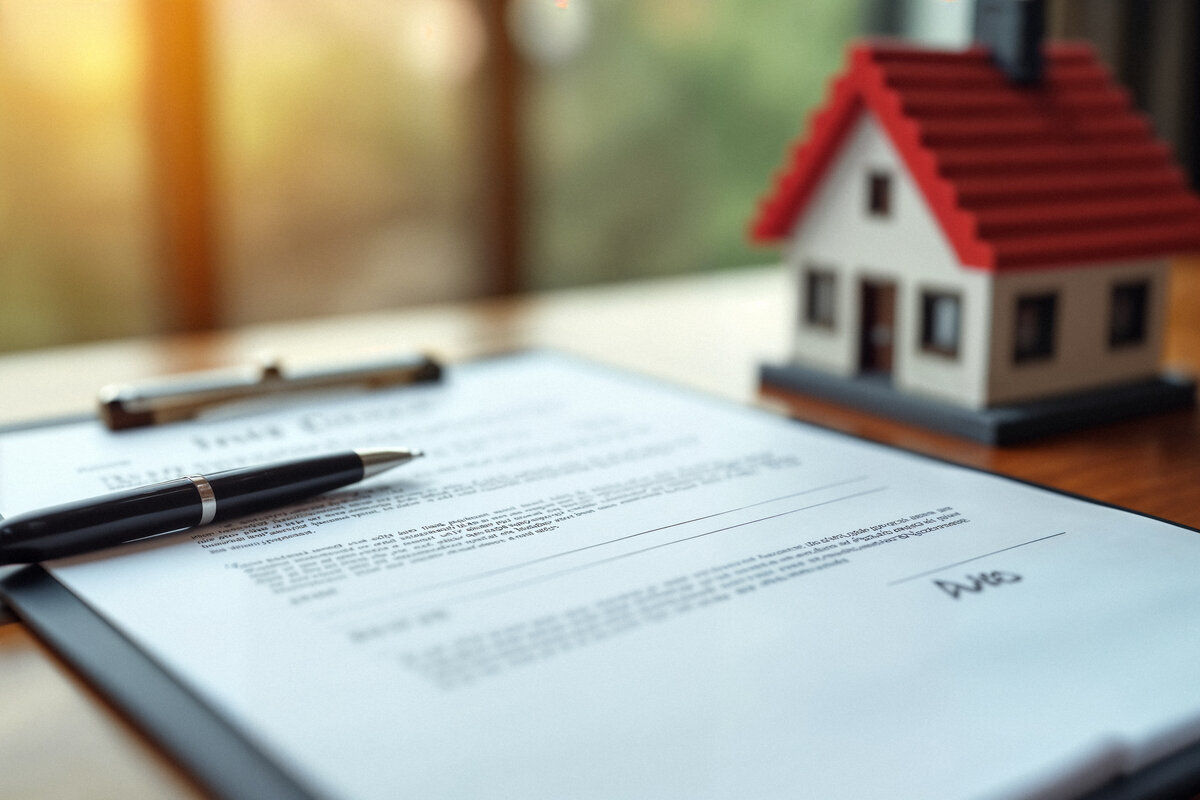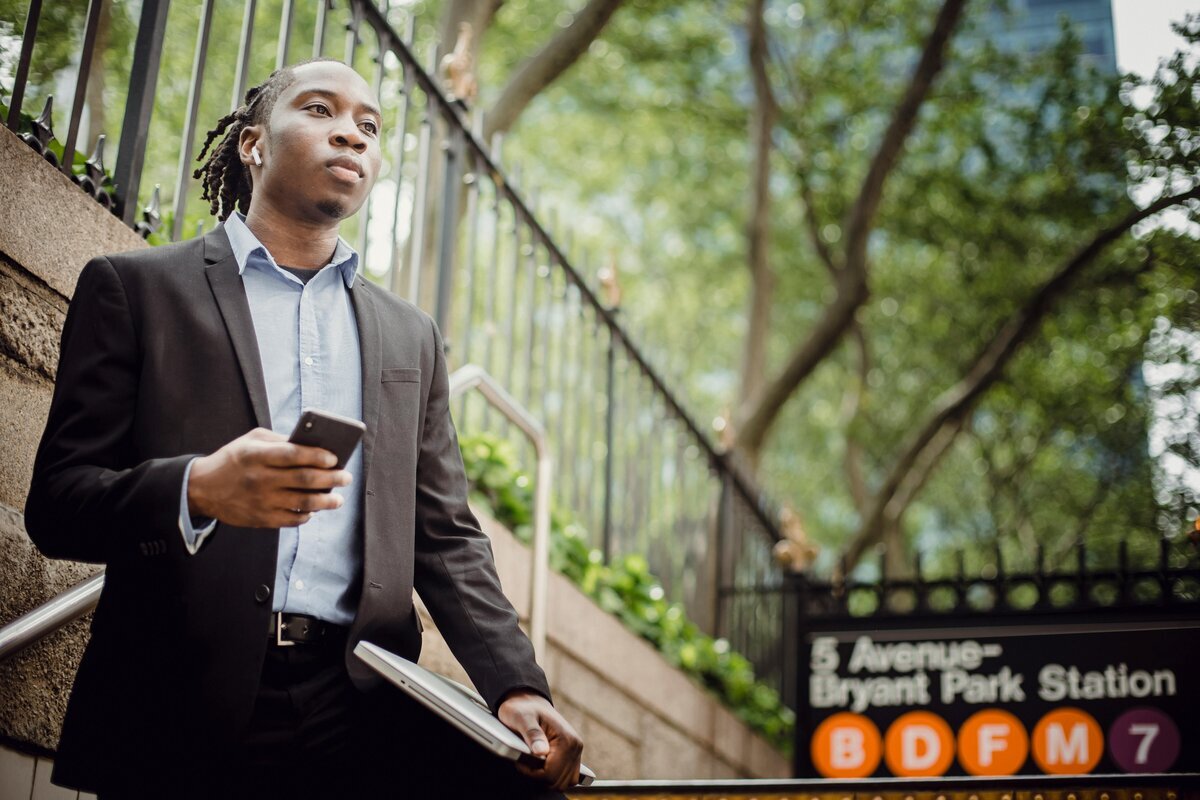
The Pitfalls of Filing Bankruptcy Pro Se (Without an Attorney)
When grappling with economic hardship, bankruptcy may provide the best opportunity to obtain a fast fresh financial start. While it is true that you are





Way back in 1934, the Supreme Court stated that the primary goal of our federal bankruptcy laws is to give American citizens a financial “fresh start,” leaving one “unhampered by the pressure and discouragement of preexisting debt.” The NYC bankruptcy attorneys and Brooklyn bankruptcy attorneys at the Law Office of David I. Pankin will provide help you get that “fresh start.”
The Brooklyn bankruptcy attorney process involves preparing a petition that is to be filed in federal court. The petition contains information concerning an individual’s assets, debts, creditors, monthly income, monthly expenses and other financial information. If you are filing for bankruptcy, you must include all of its creditors in the petition. You cannot pick and choose which creditors in your petition.
When you come to our offices in search of a NYC bankruptcy attorney, you will receive a free and thorough evaluation regarding your current financial situation. We then provide you with a number of flexible fee arrangements to pay for our services. After we prepare your bankruptcy petition, we meet with you in person to review it before filing it in Federal Court.
As required under revisions to the Bankruptcy code, everyone who files for bankruptcy must take two classes (usually online, but also available over the phone). The first, a credit counseling class, is taken before the filing of the bankruptcy petition. The second is a debtor education class that is taken after the filing of the petition. Both must be taken at the appropriate time in order to successfully file for bankruptcy. If you do not take the two classes at the appropriate time, your petition may be dismissed.
When filing for Chapter 7 or Chapter 13 bankruptcy, the process is primarily overseen not by a judge but rather by a trustee who is appointed to the case. The average Chapter 7 debtor has no involvement with an actual bankruptcy judge, and does not appear in court unless there is an objection raised in the case. Usually, the only formal proceeding at which a Chapter 7 debtor must appear is the meeting of creditors. This meeting is referred to as a “341 meeting” because section 341 of the Bankruptcy Code requires that you attend a meeting so that you can answer questions regarding your debts and property. A Chapter 13 debtor usually only has to appear before the bankruptcy judge at a plan confirmation hearing.
When the petition is filed, the court grants you an automatic stay. The automatic stay is a provision in the bankruptcy law that stops creditors from harassing debtors.
Creditors are prohibited from:
If there are no objections raised by the trustee, it generally takes around three months to receive a discharge of your debts after your 341 meeting. An individual’s bankruptcy filing can be reflected on their credit report for up to ten years. That does not mean that an individual will not obtain credit again. Many lenders in the credit card and mortgage industry do not automatically disqualify an applicant because they previously filed bankruptcy. There is more information on this topic in the Life After Bankruptcy section of our website.

When grappling with economic hardship, bankruptcy may provide the best opportunity to obtain a fast fresh financial start. While it is true that you are

In New York, prior to commencing a residential foreclosure action there are certain mandatory procedural requirements that a mortgage lender must comply with. Failures to

In today’s challenging economy, many New Yorkers have turned to Uber as a full-time or part-time source of income. Whether it is a primary source